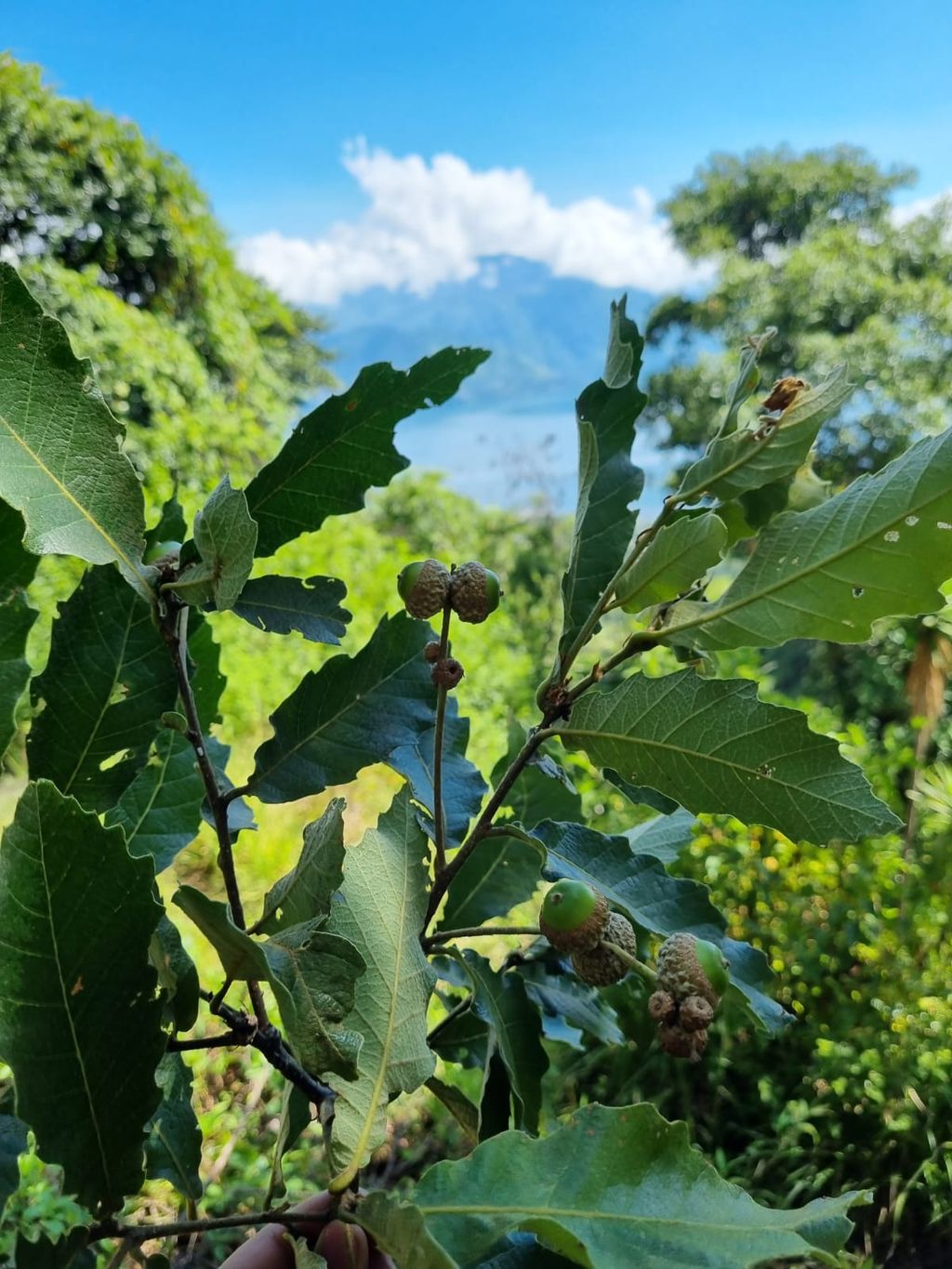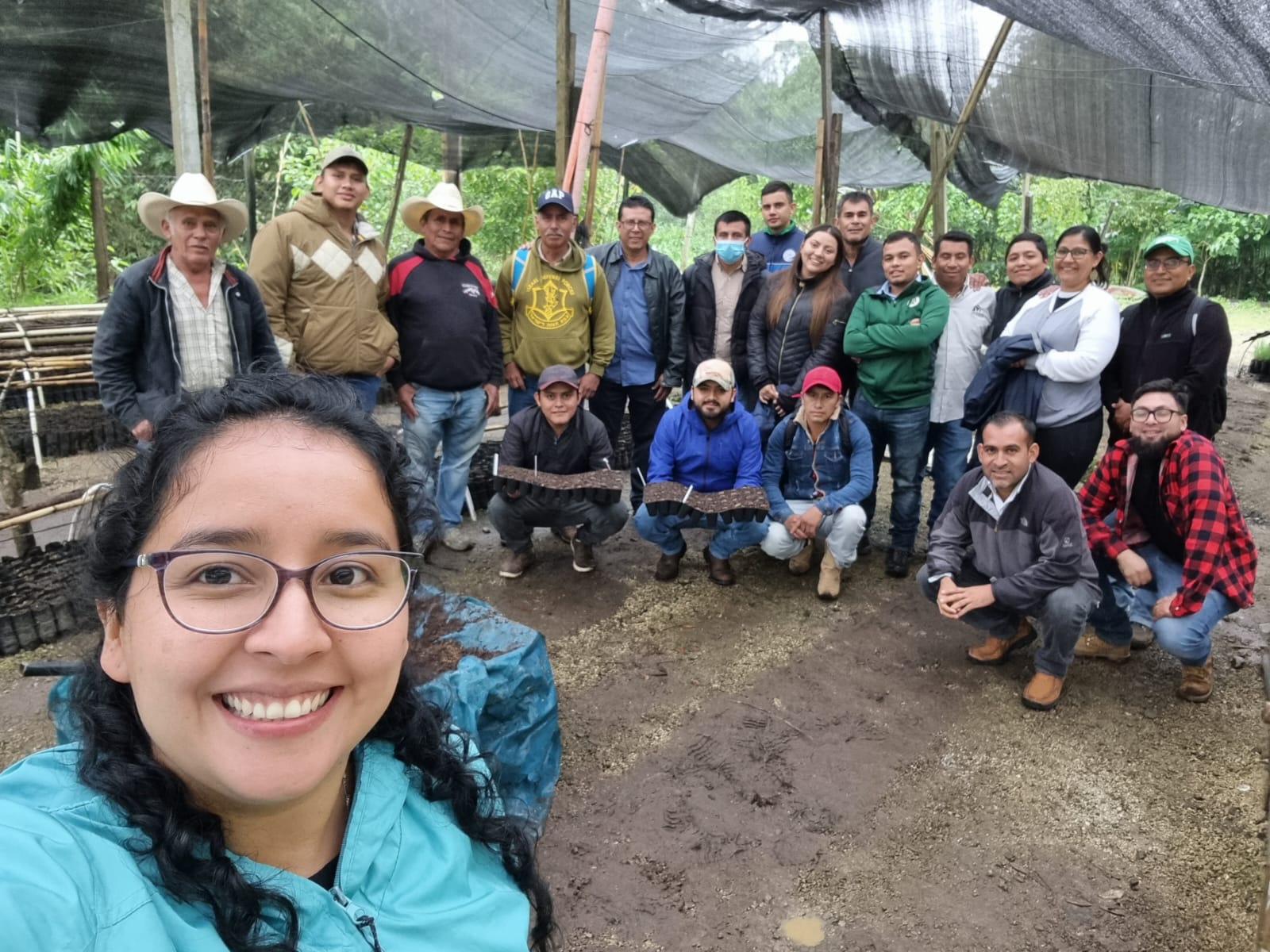Surveying two priority species in a biodiverse hotspot in Guatemala

-
Status of project
Completed -
Region
Latin America and the Caribbean -
Country
Guatemala -
Programme
BGCI -
Workstream
Saving Plants -
Topic
Year in review 2022
Project funded via the Global Botanic Garden Fund by ArbNet. Project completed: 2022
Surveying and cultivation of two priority species in a biodiverse hotspot in Guatemala for conservation
Project goal
The project aimed to collect Quercus priority species in Guatemala. Main objectives included:
- Carry out expeditions in two regions of Guatemala.
- Collect herbarium material, to review the taxonomic identity, and synonyms.
- Collect seeds and vegetative material for cultivation and other studies.
- Illustrate the importance of the conservation work that is being done with international collaboration
Key achievements
This study made it possible to carry out three field trips, 188 specimens of Quercus were collected in 77 locations in 15 municipalities and 7 departments (states) of Guatemala. These specimens correspond to 22 species, one species from the Virentes section, 7 from the Quercus section, and 14 from the Lobatae section. Of the priority species, it was not possible to register new localities of Q. flagellifera in other cloud forests of the country. However, we expanded the collections for Q. vicentensis. Likewise, it allowed the collection of seeds for six species, and three training workshops for identification and propagation

It should be noted that this project allowed to increase the collection of oaks in Guatemala, and there are at least two species that could not be identified, so its detailed study will allow evaluating if it is a new record for the country or some species not yet described. In turn, the collaboration between the members of the GCCO Mexico and Central America was strengthened, through the shared experience in the International Workshop. This project also made it possible to increase the interest of government institutions and civil society in the knowledge and conservation of oaks in Guatemala.